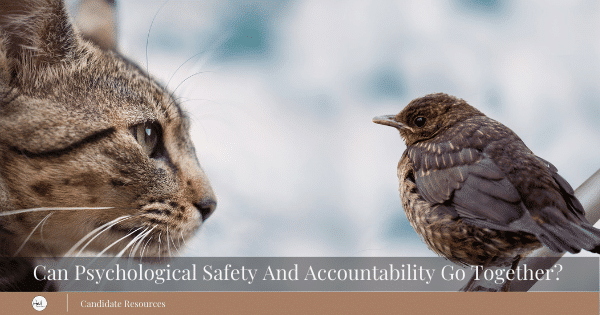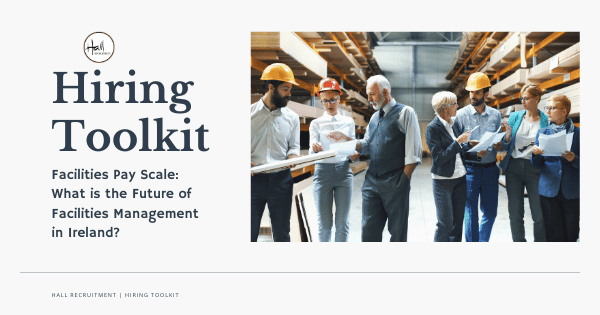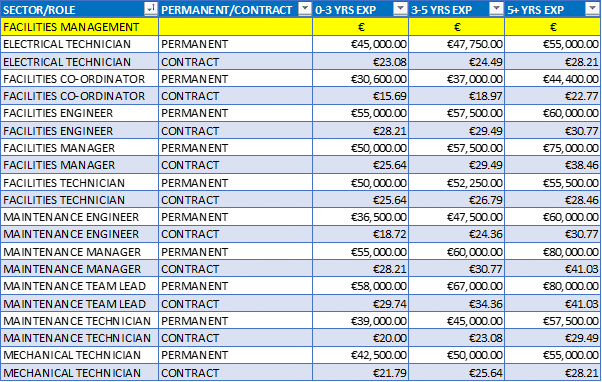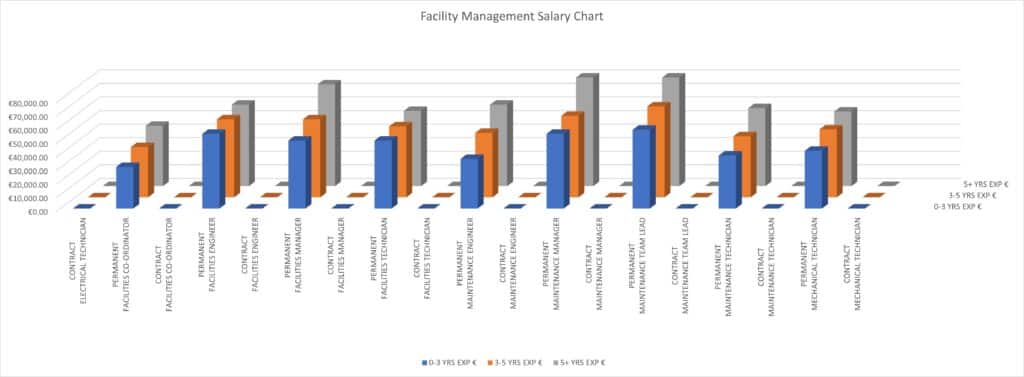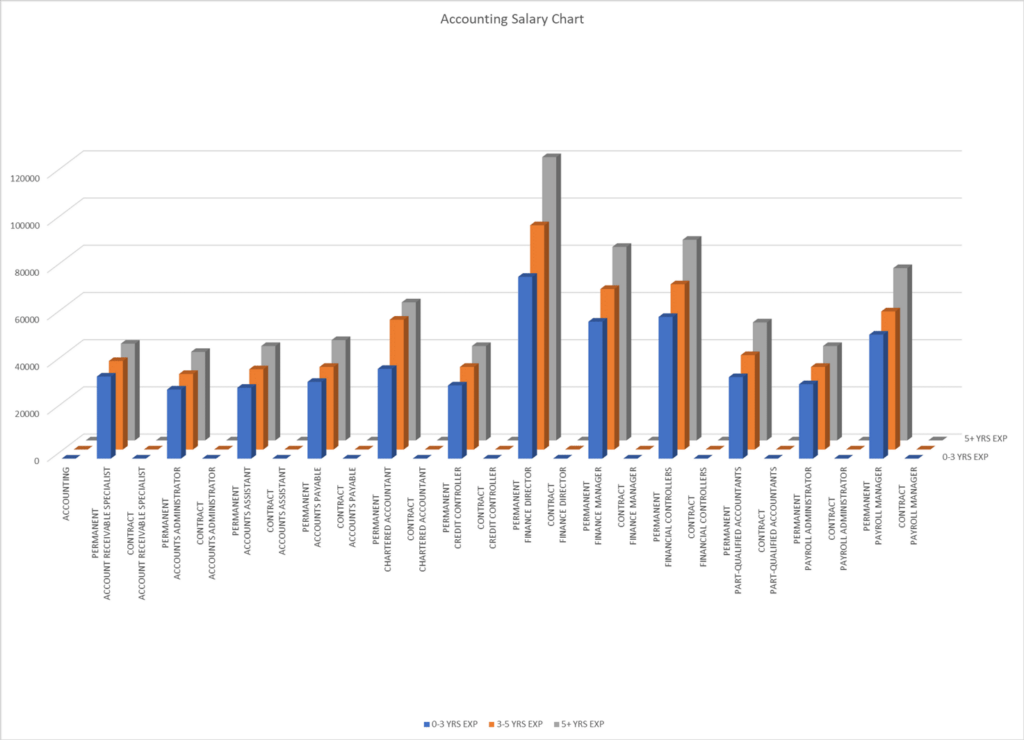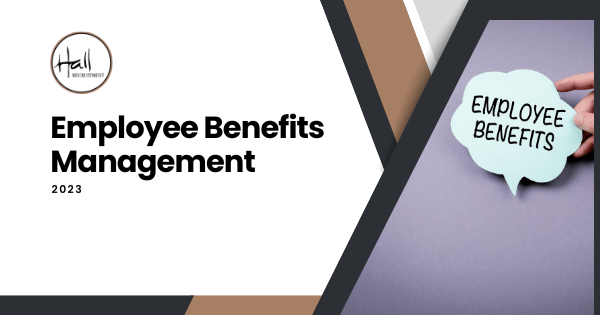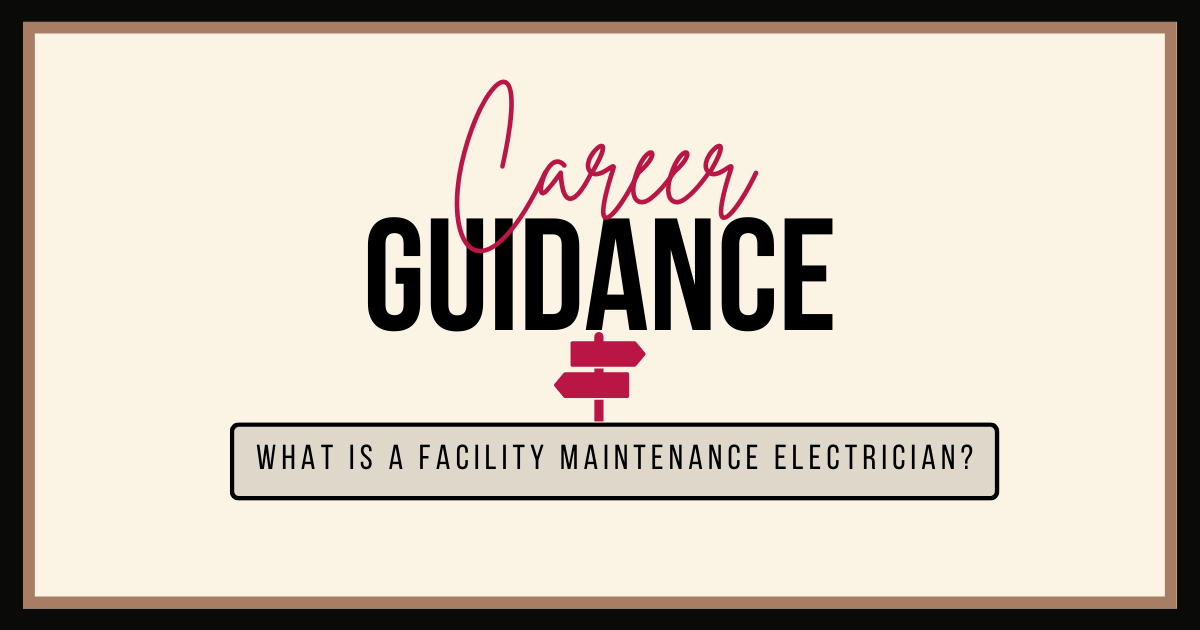
The Importance of Reading Between the Lines on Job Descriptions
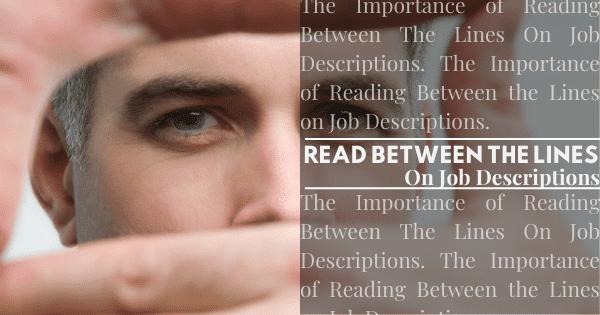
When searching for a job, reading the job description is often the first step to determining if a role is a good fit. However, relying solely on the written job specification can lead to problems, especially at the executive level. In this blog post, we explore the importance of reading between the lines on job descriptions and offer guidance on how to uncover the truth during the interview process.
The average tenure for C-suite executives is shockingly low, especially considering the high investment in the search process. One reason for this is the lack of accuracy and alignment in job specifications. Alignment occurs when the expectations, responsibilities allocated, and skills required are consistent. When these elements do not align, it can be difficult for new hires to perform their duties effectively, and friction can arise as they try to influence peers who have responsibility over activities the new hire is expected to impact.
To navigate misaligned or poorly defined jobs, candidates must take four key steps to increase the likelihood that the role they take will be a good fit. These steps include:
- Throwing away the job spec
- Identifying the “real” job
- Drafting your own job spec
- Confirming understanding
Throw away the job spec.
Job specifications for high-level roles are often highly detailed and lengthy. Companies want to make jobs seem as attractive as possible and may embellish the description. Writing a cohesive, internally consistent job spec is also not easy. The consequence is that the job spec may not accurately reflect the actual job, so candidates must throw away the job spec and uncover the real job on their own.
Identify the “real” job.
To understand the real attributes of a job, candidates must ask questions throughout the interview process. Investigating expectations, responsibilities, resources allocated, primary contingent peers, and desired candidate experience are essential. This process may not be easy, as interviewers may become defensive when they don’t know the answers, and different people may provide different answers, signalling a lack of clarity and/or communication regarding the role.
Draft your own job spec.
Based on your research, write a short version of your understanding of the job. Use the following five questions, to help you summarize your understanding, being as specific as possible.
- What criteria are used to define success at different time intervals? (i.e. expectations)
- What are the specific duties and tasks assigned? (i.e. responsibilities)
- Which departments and positions are assigned to the role, and what is the budget? (i.e. allocated resources)
- Who are the primary peers that will impact success in the position, and how are objectives and incentives aligned to ensure cooperation? (i.e. primary contingent peers)
- What are the primary skills and experience required in the ideal candidate? (i.e. desired candidate experience)
The objective is to crystallize the key job attributes into a simple document that can become the basis for discussion and negotiation.
Confirm understanding.
Should everything go well in the interview and you are given an offer letter. Draft a summary of your understanding of the job and verify this with your prospective boss via email. Things are always clearer when they are written down. This is important as verbal discussions can be misinterpreted and recalled incorrectly. Having a written and clarified understanding is important before accepting a job as issues commonly arise regarding expectations or responsibilities within the first month in a new position.
Conclusion
In conclusion, reading between the lines on job descriptions is critical when searching for senior-level positions. While job specifications are important, they are not always an accurate reflection of the actual job. To increase the likelihood of success, candidates must identify the “real” job, draft their own job spec, and confirm their understanding of the role before accepting an offer of employment. By following these steps, candidates can avoid misaligned expectations and increase the odds of a successful tenure in their new role.


